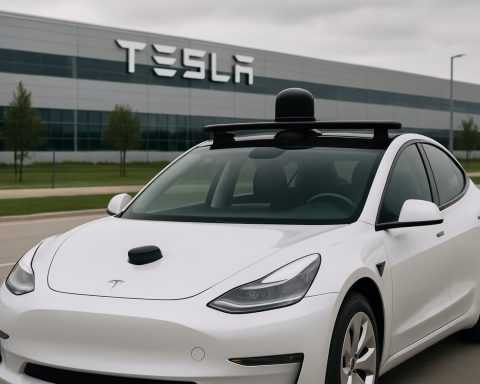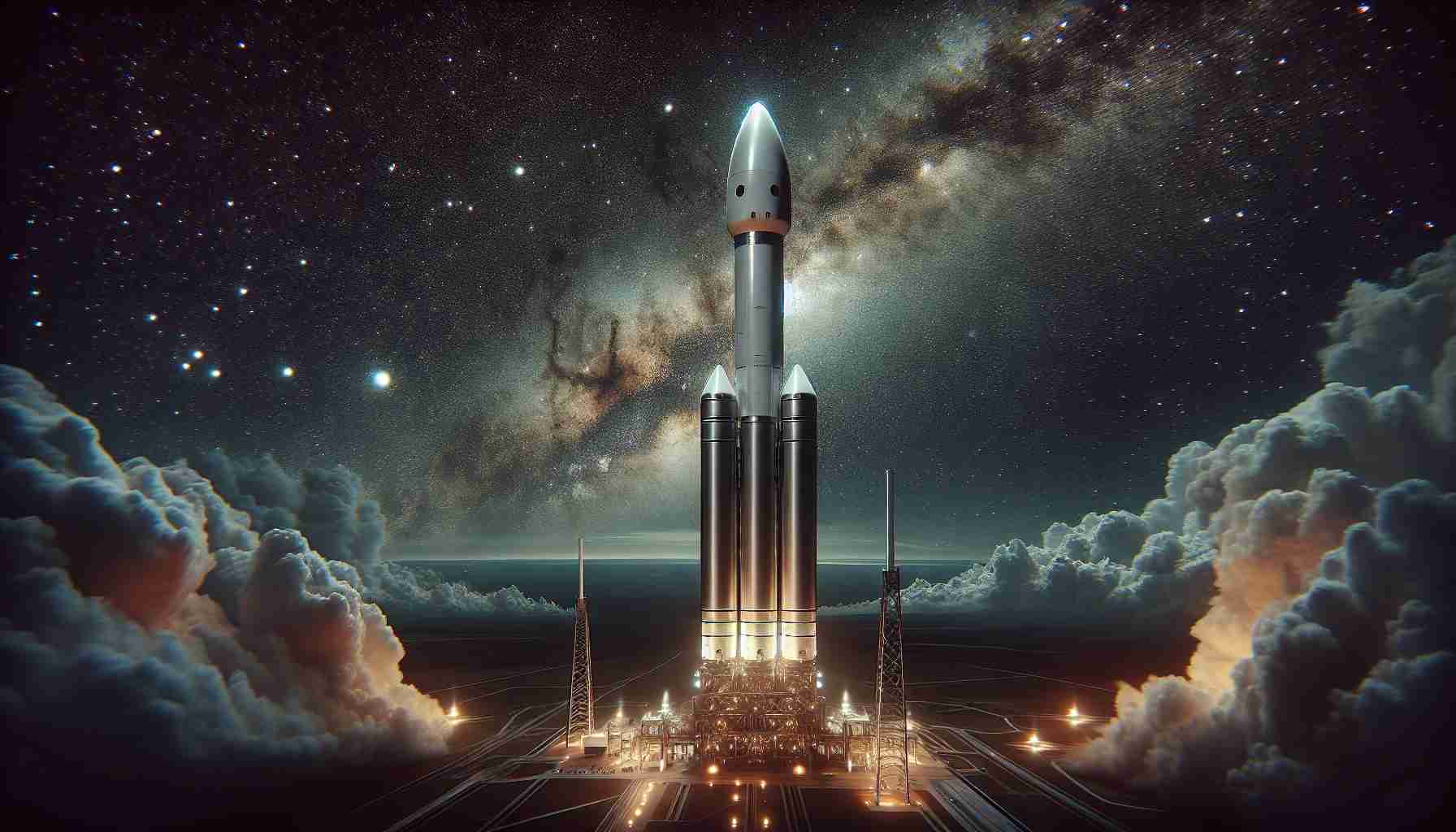Rocket Lab, the rising star in the aerospace sector, is showing promising signs of competition against industry giant SpaceX. Despite SpaceX achieving a staggering 138 launches in 2024, Rocket Lab has made significant strides, increasing its launch cadence from 10 to 16 missions within just a year—a remarkable 60% growth rate.
While it’s true that Rocket Lab still trails far behind SpaceX in total launches, its efficiency in the small satellite market could reshape their competitive landscape. Currently, Rocket Lab’s Electron rocket, which can carry payloads of up to 320 kg for around $8.4 million, might offer a viable alternative for customers whose payloads do not require heavy-lift capabilities.
Interestingly, when evaluating price-per-kilogram for smaller payloads, Rocket Lab is not far off from SpaceX’s pricing. SpaceX charges approximately $21,000 per kilogram for smaller loads, while Rocket Lab’s cost hovers around $26,000 per kilogram. This competitive pricing could entice customers looking for tailored services and dedicated launches, especially if they prefer specific orbital placements.
Looking ahead, Rocket Lab plans to debut its medium-lift Neutron rocket, projected to launch for $50-$55 million. With more competitive pricing and the ability to carry loads similar to those typically launched by SpaceX, Rocket Lab could become a legitimate contender in the satellite launch market, leaving investors eager for what’s next.
Shifting Dynamics in the Aerospace Sector
As Rocket Lab positions itself as a formidable player in the aerospace arena, the implications extend beyond mere competition with SpaceX. This burgeoning rivalry is reshaping the landscape of satellite deployment, influencing not just technological advancements but also the broader economic and cultural fabric of space exploration.
The rise of companies like Rocket Lab democratizes access to space, particularly for smaller entities and nations eager to establish their presence in the cosmos. With more affordable launch options available, startups and international organizations that once struggled to fund missions may now dream of contributing to the ever-expanding satellite ecosystem. This shift could spur innovation and technological advancements in a wide range of fields, from environmental monitoring to telecommunications.
Furthermore, the acceleration of launch capabilities offers potential economic benefits, as increased competition could drive down prices further and stimulate job creation in aerospace engineering, manufacturing, and associated sectors. Innovations stemming from competitive pressures may also reflect in other industries, promoting a delicate balance between sustainability and technological progress.
Yet, the environmental consequences of a booming aerospace sector warrant caution. Increased launch frequencies could raise concerns about space debris and emissions from rocket launches. As the industry grows, the emphasis on developing greener technologies and sustainable practices will be crucial to mitigating these challenges.
In this rapidly evolving narrative, Rocket Lab’s ambitions signal a transformative era in space ventures, with implications that could resonate globally for years to come.
Rocket Lab: A New Challenger in the Aerospace Launch Market
Introduction
Rocket Lab, an emerging player in the aerospace industry, is gaining traction against the established giant SpaceX. The company has demonstrated notable growth and efficiency, particularly in the small satellite launch sector, prompting industry observers to re-evaluate the competitive landscape.
Launch Cadence and Market Position
While SpaceX has achieved an impressive 138 launches in 2024 alone, Rocket Lab has significantly increased its own launch cadence from 10 to 16 missions, showcasing a 60% growth rate in the past year. This upward trend indicates Rocket Lab’s commitment to expanding its operational capacity in a saturated market.
Advantages of Rocket Lab’s Offerings
Focus on Small Satellites
Rocket Lab’s Electron rocket is designed specifically for small satellite launches, accommodating payloads of up to 320 kilograms. With a launch cost of approximately $8.4 million, it provides an appealing alternative for customers who do not require the heavy-lift capabilities that larger rockets offer.
Competitive Pricing Structure
In comparison to SpaceX’s pricing of around $21,000 per kilogram for smaller payloads, Rocket Lab’s pricing rests at approximately $26,000 per kilogram. This narrow pricing gap may attract clients seeking personalized service with dedicated launches, particularly when specific orbital placements are crucial.
Future Developments: The Neutron Rocket
Rocket Lab’s ambitious plans include the upcoming launch of its medium-lift Neutron rocket, anticipated to range between $50-$55 million per launch. This rocket aims to carry payloads that are typically within SpaceX’s market share, further solidifying Rocket Lab’s position as a serious competitor.
Pros and Cons of Choosing Rocket Lab
Pros:
– Cost-Effective: Competitive pricing for small satellite launches.
– Specialized: Focus on dedicated launches and tailored services.
– Efficiency: Increased launch cadence indicates strong operational capabilities.
Cons:
– Limited Launch History: Still far behind SpaceX in total launches.
– Grow Experience: As a younger company, Rocket Lab may face challenges in scaling operations.
Trends and Insights
The aerospace sector is witnessing a shift towards small satellite deployments, driven by the increasing demand for satellite-based services such as telecommunications, Earth observation, and internet connectivity. Companies like Rocket Lab, which focus on small payloads, are well-positioned to capture this growing market segment.
Looking Ahead: Predictions for Rocket Lab
As Rocket Lab continues to evolve, industry experts predict that it could carve out a significant niche in the small satellite launch market. With their competitive pricing and planned expansions, Rocket Lab might not only attract more clients but also prompt other companies to innovate and improve their offerings in response to increased competition.
Conclusion
Rocket Lab’s growing prominence and strategic focus on small satellite launches could alter the dynamics of the aerospace launch sector. As they prepare to introduce the Neutron rocket and maintain their competitive edge, investors and aerospace enthusiasts alike eagerly await the next chapter in Rocket Lab’s journey.
For more information about Rocket Lab’s ongoing advancements and launch capabilities, visit Rocket Lab.













